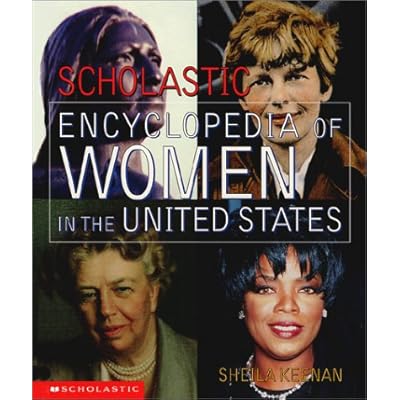Introductions
What would you most like to be famous for?
Now that Spring is here, what outdoor activities are you planning to do?
Discussion Topic: Women’s Day
1.What is the history of Women’s Day? Why is it celebrated in Ukraine but not in the United States?
2.What are men’s responsibilities on this holiday? Who should they congratulate on this holiday? Only their wives?
3.There is a saying that, “everyday should be like Valentine’s Day.” Do you think it’s true about Women’s Day as well? Should Husbands try to make something special for their wives everyday?
4.For women, what would be the best possible Women’s Day for you?
5.For men, what holiday do you think is the best or most interesting one?
Mystery Questions
Our Schedule
Saturday, March 5 – 1400 Rehabilitation Center
Tuesday, March 8 – No English Club – Women’s Day!
Thursday, March 10 – 1730 Library
Saturday, March 12 – 1030 Library
Join Our Group on www.Facebook.com – English Club in Vinnytsia
English Club Blog - www.woavinnitsa.blogspot.com
Our Rules
It is forbidden to disrespect or insult another member of the Club.
We are guests of the Library Staff. Club Members should bring a library card, and respect the librarians at all times.
All forms of discrimination (such as racism, sexism, etc.) are not allowed in the club. Discriminatory comments should be kept to yourself.
Making fun of or insulting someone else’s level of English is inappropriate and rude. None of us speak English perfectly (not even the native-speakers), so there is no cause for insulting someone else. It is forbidden in our club meetings.
Everyone is allowed to tell their opinion.
Everyone should be given an opportunity to speak, so it is not appropriate to talk throughout the whole meeting. A response to a question should not last more than one minute.
If a member of the club consistently breaks the rules, they will not be allowed to attend the club anymore.
Questions
Can you imagine some situation when you would be willing to work for free? What kind of work would it be?
Would you like to be the director of a big business? Do you think that this kind of work suits you and your personality?
If you could start all over again, what would you change about your profession? What would study at the university?
What was your dream as a child? Does it still remain in anyway?
What was the most unusual thing you have ever seen on a train, or bus?
Do you think that you would like to be a stage actress or singer? Would you be nervous performing in front of so many people?
If you didn’t have to worry about money, how would you spend your days?
If you could learn any skill, what would it be?
If you had to be either three inches taller, or three inches shorter, which would you choose?
If you could be any superhero, which one would you like to be?
Would you rather be know as being good looking or a good person?





































